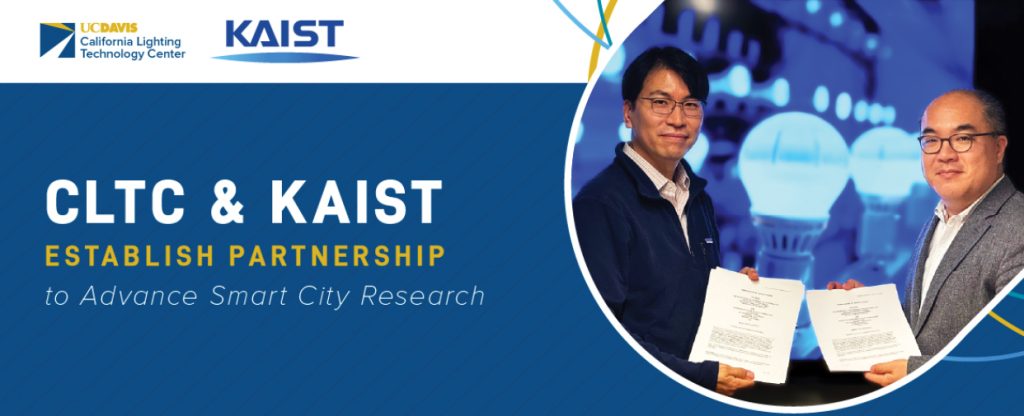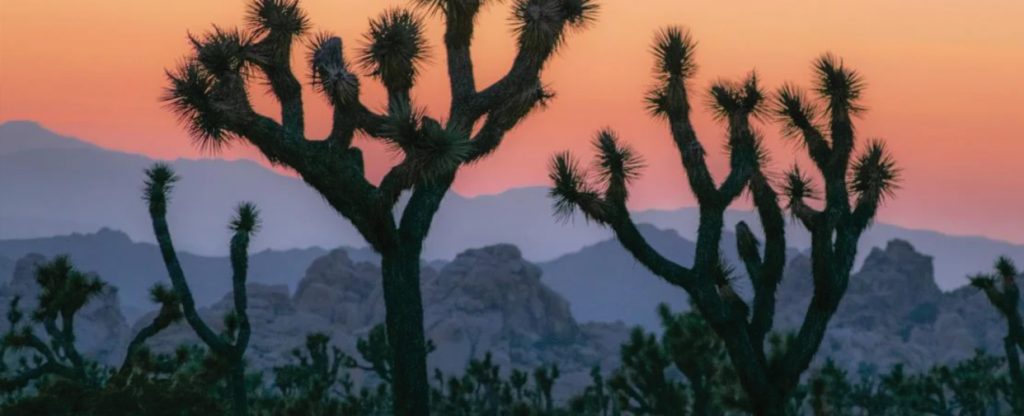Google, Amazon Among Latest Confirmed Speakers at Industrial Decarb Symposium

The lineup of speakers at the upcoming Industrial Decarbonization Symposium at UC Davis keeps growing! The Symposium, which takes place April 16, isn’t just an event – it’s a pivotal platform where industry leaders, policymakers, researchers, and advocates will converge to collaborate on transformative strategies designed to bolster economic competitiveness while effecting substantial reduction in our environmental footprint. Learn more
CLTC and KAIST Establish Partnership to Advance Smart City Research

CLTC and the Korea Advanced Institute of Science and Technology (KAIST) Smart City Research Center recently announced a partnership in research efforts. This alliance aims to accelerate joint research efforts towards energy efficiency and decarbonization in cities. Learn more

Join Us for “Energy Bites”
Every Thursday this spring, EEI will host the “Energy Bites” seminar series. Each seminar features two short presentation “bites” over the lunch hour (12pm to 1pm). We hope you can join us and check out some of our latest research.

Missed the Energy Justice Seminars? Watch Recordings Online!
Couldn’t attend our enlightening Energy Justice Seminar Series? No worries! You can now catch up on all the thought-provoking discussions by viewing the recordings online. Explore the multifaceted issues of equity, environmental justice, and community empowerment within our energy systems at your own pace. Don’t miss out on this valuable resource – dive into the conversation today!

Mapping the Future’s Sweet Spot for Clean Energy and Biodiversity
Climate change is driving both the loss of biodiversity and the need for clean, renewable energy. It is also shifting where species are expected to live in the future. Yet these realities are rarely considered together. Where can clean energy projects be built without impacting the future habitat ranges of threatened and endangered species?
A study from the University of California, Davis, examines this question by overlaying renewable energy siting maps with the ranges of two species in the southwestern United States: the iconic and climate-vulnerable Joshua tree and federally endangered San Joaquin kit fox. Read more at UC Davis News
